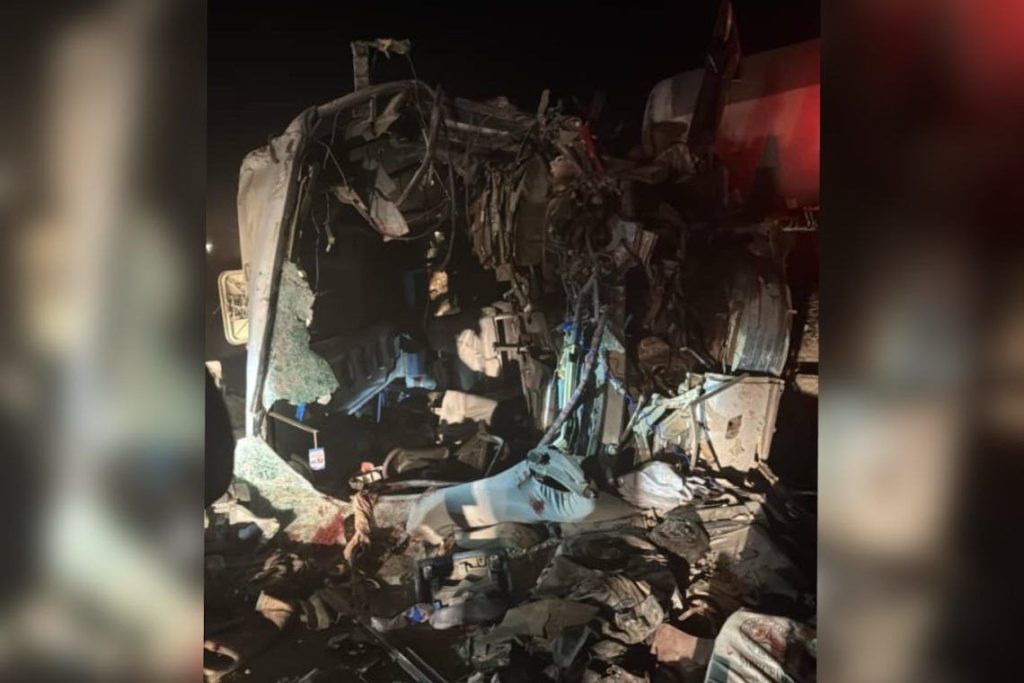The UN Assistance Mission in Afghanistan (UNAMA) has reported over 100 civilian casualties in recent months as a result of Improvised Explosive Devices (IED) attacks and explosive remnants of war.
Kabul 24: UNAMA said in a report on Monday that between May and June this year, at least 15 people were killed and 49 wounded as a result of IED attacks and 19 people lost their lives and 26 others sustained injuries by detonation of unexploded ordnance.
The vast majority of victims were children in Kandahar and Kunduz provinces who often pick up unexploded shells to sell for scrap metal or killed by playing with them, the report added.
According to the UN, Afghanistan has one of the highest levels of explosive ordnance contamination in the world and $18.3M is needed for survey, explosive ordnance disposal, and landmine clearance in 2023.
In February, the UN Office for the Coordination of Humanitarian Affairs (OCHA) reported that more than 700 children were killed or maimed because of unexploded ordinances and war remnants in 2022 across the country.
This is an average of two children every day
Between 15 August 2021 and 30 May 2023, UNAMA documented significant levels of civilian harm resulting from deliberate attacks employing IEDs that had killed at least 1,095 and wounded 2,679 others.
Three quarters of these civilian casualties were caused by indiscriminate IED attacks in populated areas, including places of worship, schools, and markets.
The majority of civilian casualties as a result of IEDs were carried out by the Islamic State – Khorasan Province (ISKP).







